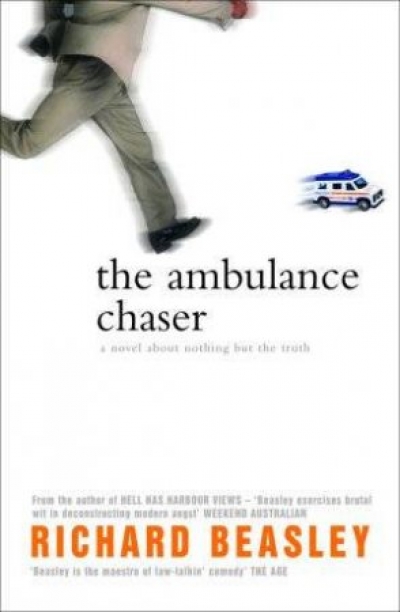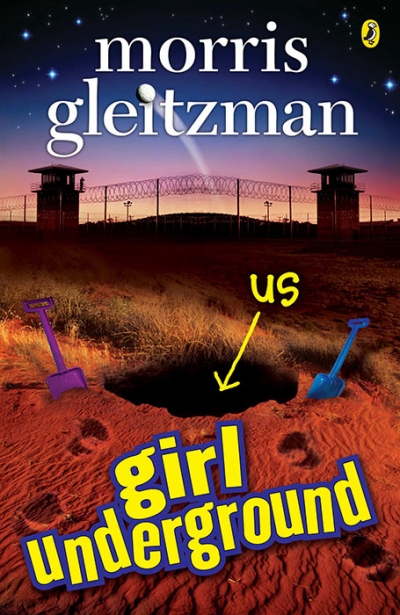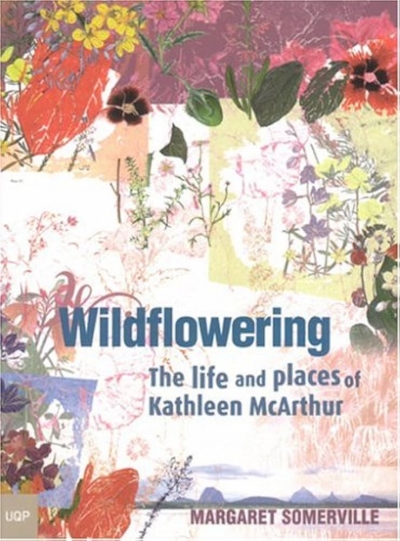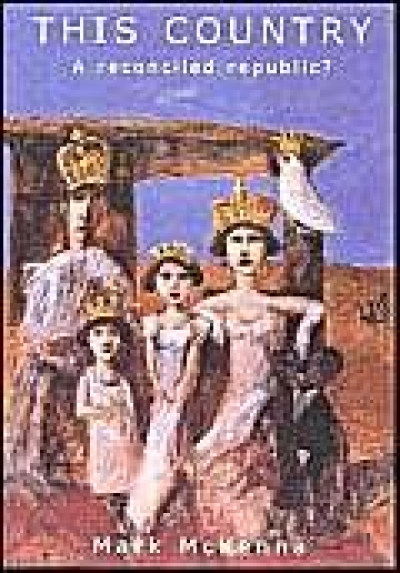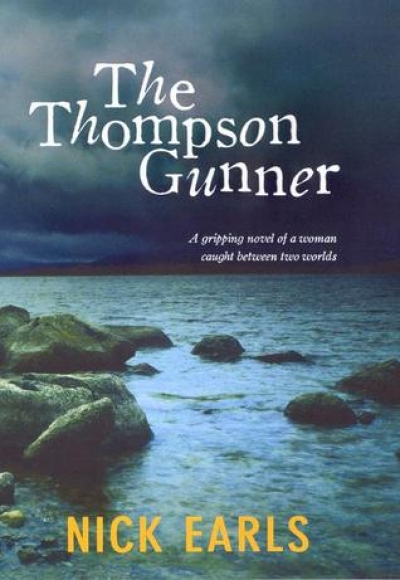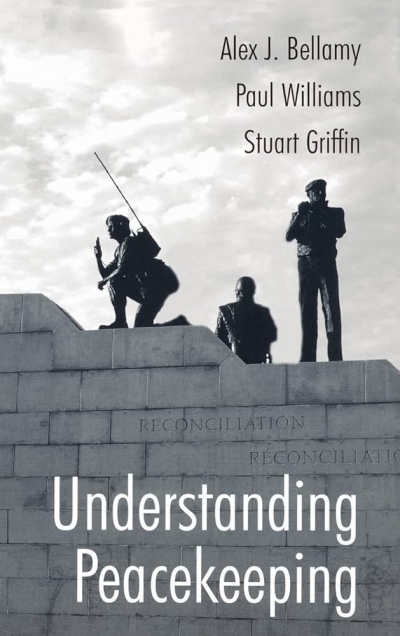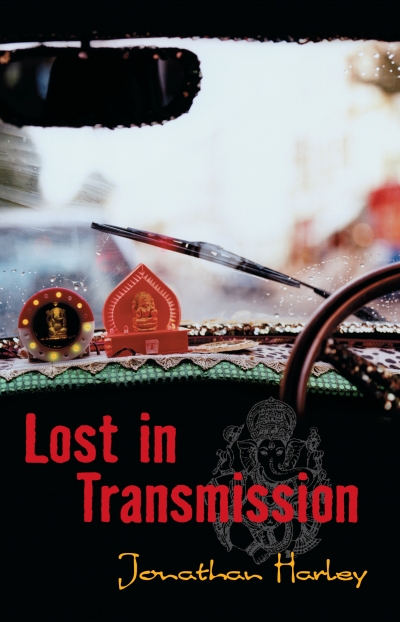Archive
When I was at school, I was infected by the idea that writing was a genteel art. Set to read The Prince for its political insights, I was captivated by a single image: Machiavelli coming in from the fields of an evening, washing the sweat from his body, slipping on his silken robe, seating himself at his desk – and writing. That picture leapt straight from the page into what passes for my soul. I knew that was where I wanted to fetch up: at that desk, in my silken robe, writing. The glorious lucidity of Machiavelli’s prose also confirmed my suspicion that books were magical extrusions into the muddy mundane from a calm, blessed place where people could think important thoughts even talk about them, without being told to please, please shut up and feed the cat.
... (read more)
